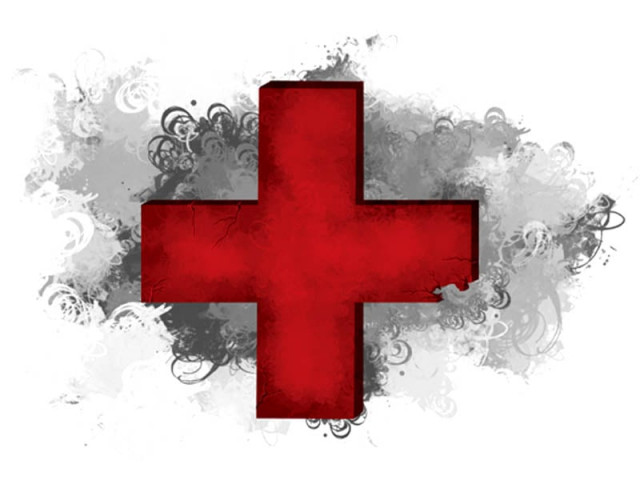Doctors urged to document torture cases
Due to flaws in the penal system, many crimes go unreported: lawyers.

The legal system dealing with arrest and detention has certain flaws but medical practitioners can play an active role to bring violators of human rights to justice by documenting crime. This was the crux of a discussion, titled “Role of medical practitioners in prevention of custodial abuse”, organised by Human Development Organisation on Thursday.
Medical officers and paramedical and nursing staff from public-sector health facilities attended the session. While speaking on the importance of legal documentation, senior lawyer Shahnawaz Asim said that torture was rampant in Pakistan under the garb of law owing to certain shortcomings in the penal system. This, he observed, lends a free hand to law-enforcement agencies to subject a detainee to cruel, inhumane or degrading treatment in the name of investigation.
He said that despite instructions in the Constitution of Pakistan and certain criminal laws, including section 337K of the Pakistan Penal Code and section 156 and 157 of the Police Order, law-enforcement agencies violate human rights of detainees in the procedure of their arrest, detention, remand, pre and post remand medical examination and in the method of recording their confessional statements. He also accused law-enforcement agencies of torturing the poor.
“Medical officers who examine detainees, especially those in physical remand, avoid documentation of torture, due to which perpetrators go scot-free,” said Asim. “It is because of this practice that the trend of subjecting detainees to third-degree torture is on the rise,” he added.
King Abdullah Teaching Hospital Mansehra Medical Superintendant Dr Niaz Khan said that doctors are a part of society where human error could not be brought to an end, but he stressed that since the medical practitioners were directly dealing with people, they must honour their oath and document case of torture during medical examination of detainees, who are brought to them before and after police remand.
Published in The Express Tribune, September 7th, 2012.













COMMENTS
Comments are moderated and generally will be posted if they are on-topic and not abusive.
For more information, please see our Comments FAQ